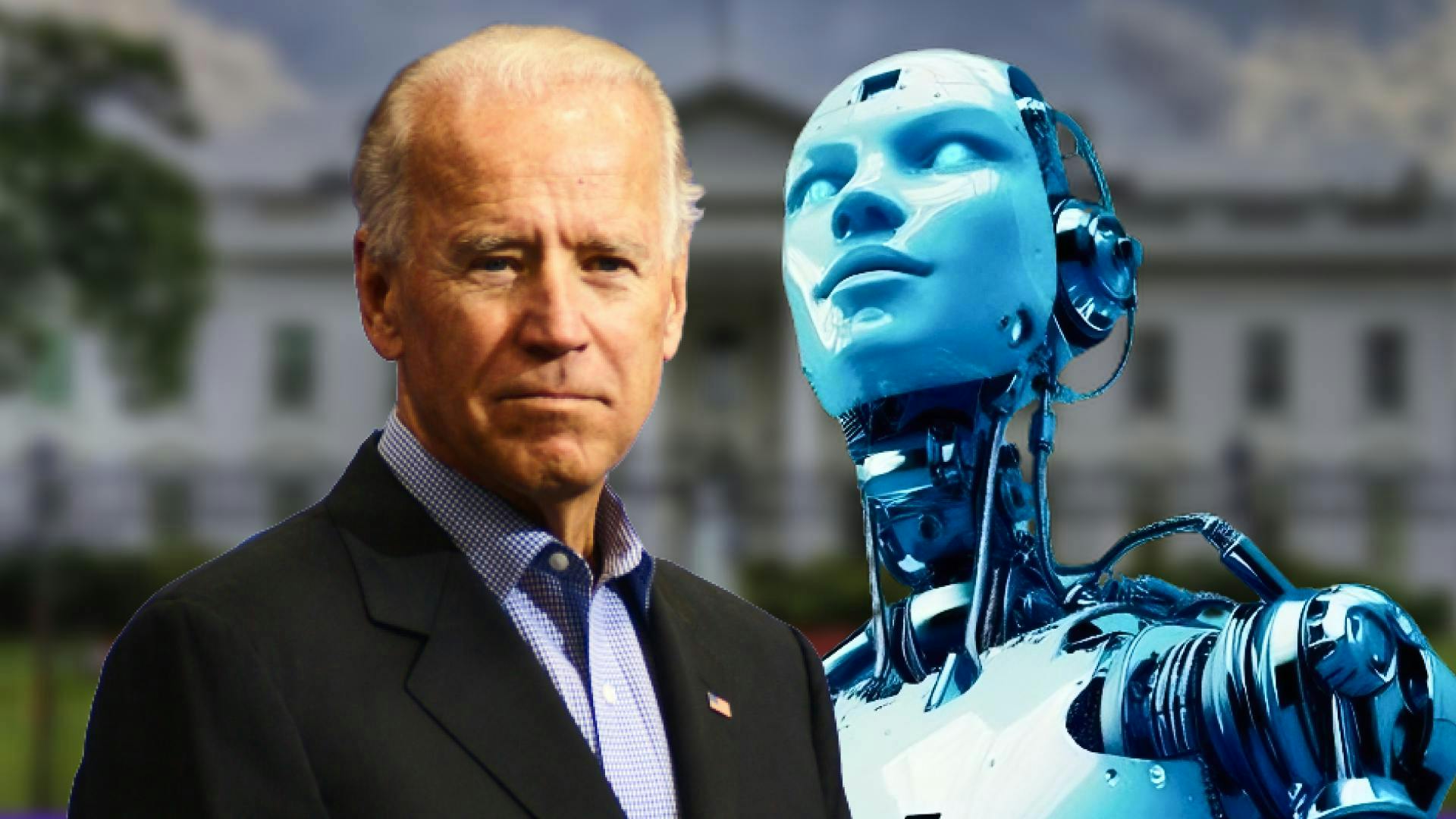In response to President Biden's Executive Order on artificial intelligence (AI), the Biden-Harris administration has made advancements in initiatives designed to protect workers and enhance job opportunities. This effort aligns with the administration's goal to manage AI's risks while seizing its promising potential for economic growth.
Empowering Workers and Enhancing Job Prospects
In a significant push to safeguard American workers, the administration has focused on the integration of AI in workplace settings, aiming to ensure fair employment practices:
- Guidelines for AI in Employment: The Department of Labor (DOL) has developed comprehensive guidelines to assist federal contractors and employers in complying with worker protection laws as AI becomes increasingly prevalent in the workplace. These guidelines serve as a roadmap for deploying AI technologies that respect workers' rights and promote equal employment opportunities.
- Resources for Job Seekers: The Equal Employment Opportunity Commission has introduced new resources that clarify how the use of AI in hiring and other employment practices could potentially violate anti-discrimination laws. These resources are designed to educate both job seekers and employers on maintaining fairness and equity in employment decisions influenced by AI technologies.
Supporting Fair AI Use and Worker Protections
The administration has not only focused on employment but also on the broader implications of AI use across various sectors affecting workers:
- Fair AI Use in Public Benefits: The Department of Agriculture and the Department of Health and Human Services (HHS) have issued guidance to ensure that AI and automated systems are used responsibly in public benefits programs. This initiative is crucial for managing risks and promoting equitable access to government services.
- Nondiscriminatory AI Applications in Housing and Healthcare: Ensuring AI's fair use extends to sectors like housing and healthcare, where AI tools are employed for tenant screening and patient care. Guidelines from relevant departments emphasize compliance with existing anti-discrimination laws to prevent biases that could impact individuals' rights and access to services.
Promoting AI Innovation and Employment
The administration's strategy also includes nurturing innovation and competitiveness in the AI sector, which is expected to open new job avenues:
- AI and Tech Talent Recruitment: As part of the AI Talent Surge, the government is actively recruiting professionals to fill AI-focused roles within federal agencies. This recruitment drive is expected to not only bring expertise into government operations but also stimulate job creation in the burgeoning AI industry.
- Fostering AI Education and Training: To prepare the American workforce for the jobs of tomorrow, the administration is emphasizing education and training in AI. This includes developing skills-based hiring practices that broaden opportunities for individuals with non-traditional educational backgrounds but relevant AI skills.
Upcoming discussions and federal updates are expected to further outline the administration's long-term strategy for integrating AI into America's economic and social fabric.
Interested in working in AI for the government? Checkout the open roles here.




